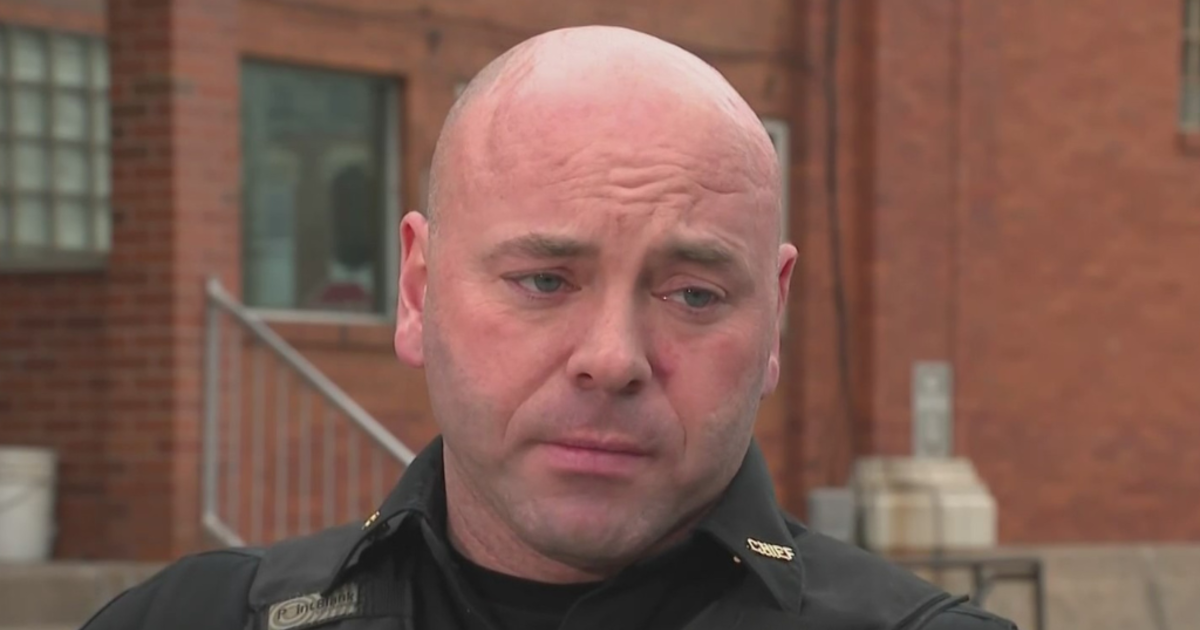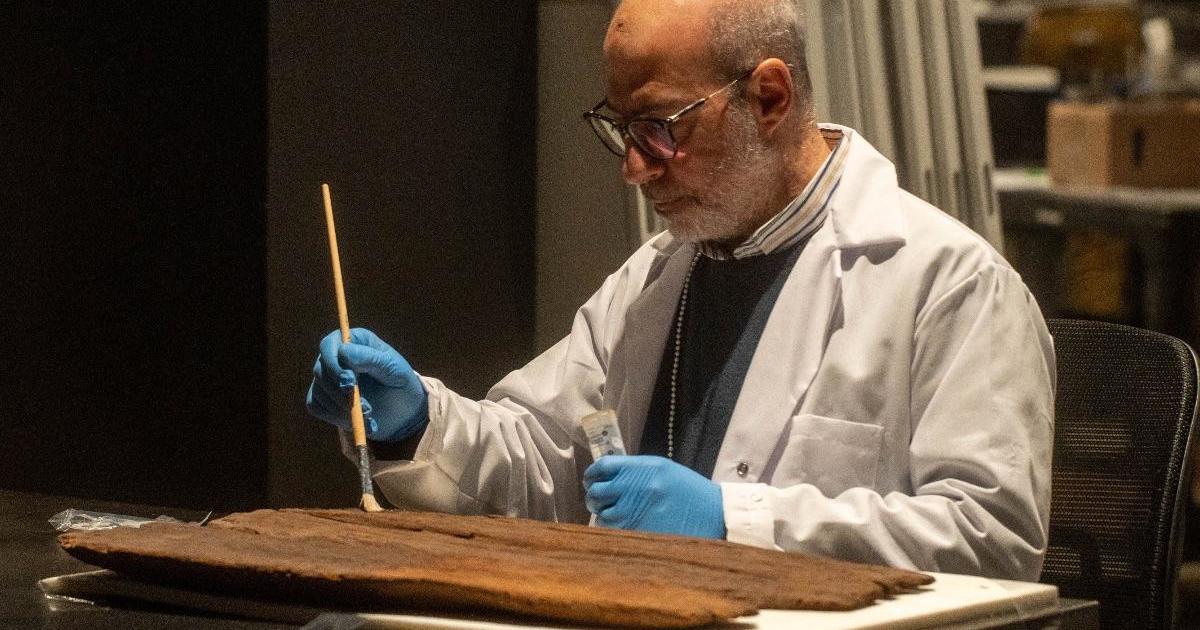Wolf Administration Encourages Long-Term Care Facilities To Adopt Federal Guidance Allowing For Hugs
HARRISBURG (KDKA/AP) - The slow and cautious reopening begins at some nursing homes and long-term care facilities across the commonwealth. The Wolf administration on Friday strongly encouraged long-term care facilities to update their visitation guidance to allow for hugs.
The federal government said Wednesday that nursing home residents vaccinated against COVID-19 can get hugs again from their loved ones, and all residents may enjoy more indoor visits in a step toward pre-pandemic normalcy.
"We understand how difficult this past year has been on families and nursing home residents," Acting Health Secretary Alison Beam said in a press release. "This newly updated guidance is an important step as we continue to care for and protect the physical and mental health of our most vulnerable residents. All Pennsylvania nursing homes should implement this guidance immediately."
The policy guidance from the Centers for Medicare and Medicaid Services, or CMS, comes as coronavirus cases and deaths among nursing home residents have plummeted in recent weeks at the same time that vaccination accelerated. People living in long-term care facilities have borne a cruel toll from the pandemic. They represent about 1% of the U.S. population, but account for 1 in 3 deaths, according to the COVID Tracking Project.
Washington Manor Personal Care Home, a Butler personal care home with 25 beds, somehow locked COVID completely out. For others, the year brought unbelievable loss. In Allegheny County alone, 988 people died in nursing home and long-term care facilities, more than any other county in the commonwealth.
"We just feel like it's a mixture of what we've done, plus some luck," said John Dougherty, the owner of Washington Manor Personal Care Home.
Zach Shamberg, the president and CEO of the Pennsylvania Health Care Association, says we're not out of the woods yet.
"We're not through this pandemic yet. That's going to take some time, but I think we're moving in the right direction," said Shamberg.
A look at the latest statewide case counts inside these facilities shows numbers plummeting to record lows. Shamberg and the Pennsylvania Health Care Association tell KDKA's Meghan Schiller it surveyed its providers, learning 50 to 60 percent of staff accepted the vaccine.
"In terms of residents, it's much higher," said Shamberg. "It's anywhere from 85 to 95 percent. Those are both higher averages than the national averages, which is good news for Pennsylvania."
Shamberg also points out this future concern: "How do new staff get vaccinated? How do new residents get vaccinated? If staff and residents change their minds and want to get vaccinated, how do we do that? There is no plan in place for Pennsylvania."
Even for Dougherty, one of the lucky ones, it's the issue on the top of his mind.
"I mean, I may have a new resident who comes in who doesn't have the shot. I may hire somebody new on the staff who doesn't have the vaccine, so you just want to keep everything rolling positively and not let your guard down at all," said Dougherty.
Shamberg said facilities are now offering incentives, like extra days off or a cash incentive of $250, to try to get more staff to accept the vaccine.
Government officials acknowledged that isolation deepened the misery for residents as long-term care facilities remained locked down much of last year. Loneliness contributed to physical as well as mental decline. The ban on visits went into effect almost one year ago and only in the fall were facilities allowed to begin socially distanced outdoor visits and limited indoor ones.
"There is no substitute for physical contact, such as the warm embrace between a resident and their loved one," CMS said in its new guidance, "Therefore, if the resident is fully vaccinated, they can choose to have close contact (including touch) with their visitor while wearing a well-fitting face mask and performing hand-hygiene before and after."
So while hugs are OK again for residents who have completed their vaccination, precautions such as wearing masks and using hand sanitizer remain in place as a counterbalance to risk. CMS also underscored that maintaining 6 feet of separation is still the safest policy, and outdoor visits are preferable even when residents and visitors have been vaccinated.
The CMS guidance moves back in the pre-COVID-19 direction, saying that nursing homes "should allow indoor visitation at all times and for all residents, regardless of vaccination status." Several exceptions are flagged, such as when a resident is known to be infected or in quarantine.
Compassionate care visits should be allowed at all times, the guidance said, even if there's an outbreak or a resident is unvaccinated. The term "compassionate care" doesn't refer just to situations when a resident is near death, but also encompasses circumstances in which a patient is having trouble adjusting.
CMS is also urging nursing homes to consider scheduling visits and using time limits. Visitors should be encouraged to get vaccinated as soon as possible.
(TM and © Copyright 2020 CBS Broadcasting Inc. All Rights Reserved. This material may not be published, broadcast, rewritten, or redistributed. The Associated Press contributed to this report.)



